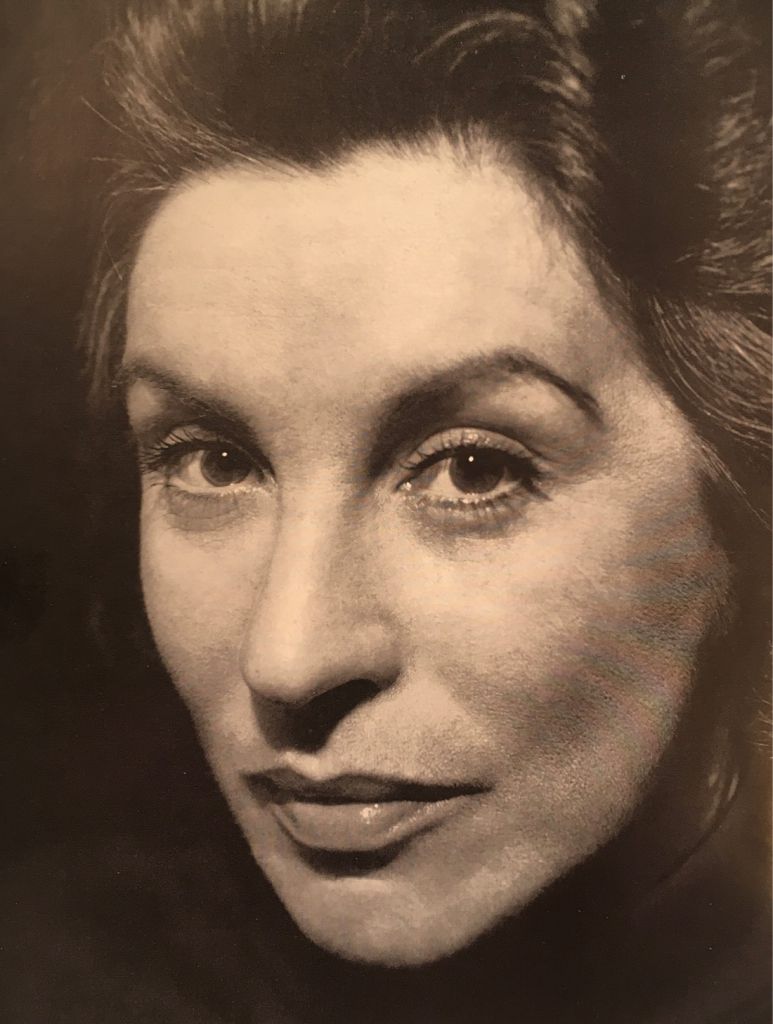The 2023/24 academic year’s mdw-wide inspiration and champion of the hall and digital resource spiel|mach|t|raum
In 2017, the mdw – University of Music and Performing Arts Vienna (originally founded as a singing school for boys and girls founded by the Gesellschaft der Musikfreunde in 1817) celebrated its bicentennial. This occasion was taken by Andrea Ellmeier of the Administrative Department for Equality, Gender Studies and Diversity and gender studies professor Doris Ingrisch of the Department of Cultural Management and Gender Studies as an opportunity to join forces with Birgit Huebener and alien productions for the special project of transforming spiel|mach|t|raum, an exhibition involving 14 colleagues that had been held in the Aula in 2011 to mark the 100th International Women’s Day, into a web-based store of knowledge concerning women at the mdw between 1817 and 2017 and beyond with the intent of running it as a continually growing resource.
It must be noted that in the 19th century’s elite musical and artistic education and training, in contrast to how things were at places of education defined as universities, girls and women were not subject to categorical gender-based exclusion. However, one must also point out that ever since the inception of what was then known as the Conservatory, the typical choices of instruments by girls/women and boys/men have, despite some changes, remained fundamentally similar. Back then, bourgeois gender ideology—which assumed maximally differing gender-based characteristics of men and women—served to justify such conventions. Exemplary of such thinking is the view according to which all string instruments are feminine while brass instruments such as the trumpet, trombone, and tuba are masculine—an idea that is reflected to this day by the relative numbers of female and male students majoring in these instruments.
The concept of the physically existing hall at the mdw in combination with the digital web resource spiel|mach|t|raum entails the annual selection of a different woman from the history of the mdw as the academic year’s inspiration and champion, with the chosen individual prominently featured so as to ensure her a permanent place in the mdw’s institutional memory. We began, mindful of all art forms represented at the mdw, with the well-known salonnière Fanny von Arnstein, who made a significant contribution to the founding of the Gesellschaft der Musikfreunde in 1811/12 as a mentor, manager, and communicator. Thereafter, respects were paid to the Conservatory’s “first female professor”—the voice teacher Anna Fröhlich—in a foundational text. She was followed in 2020 by the pianist and piano teacher Erna Kremer, who was thrown out of the mdw in 1938 and murdered in Maly Trostenets in 1942. The mdw’s first professor of dance—Gertraud Bodenwieser, appointed in 1920 and likewise forced out of the mdw in 1938 due to her Jewish descent—was the inspirer and champion of the 2020/21 academic year. The next year’s choice, made with an eye to ensuring the visibility of all the various art forms taught at the mdw, fell upon the film director and Film Academy Vienna alumna Karin Brandauer.

A representative of the theatrical world, namely the actor Maria Becker (Berlin, 1920 – Uster, 2012), was selected for the present academic year of 2023/24 in order that a thespian be memorialised alongside women from music and film. Max Reinhardt Seminar librarian Christina Kramer was asked to suggest a woman actor whom she and Peter Roessler, professor of dramaturgy and head of the Archive of the Max Reinhardt Seminar, considered important. They decided in favour of Maria Becker, a clear choice indeed in light of her overall stance and her self-determined and courageous bearing.
Maria Becker was the daughter of actor Maria Fein, who had fled with her from Berlin to Vienna via Prague in 1936 after being banned from her profession due to the National Socialists’ Nuremberg Laws. That same year, the 16-year-old Maria Becker commenced studies in acting at Vienna’s Max Reinhardt Seminar while her mother spent the ensuing period performing above all at the Volkstheater. Austria’s “annexation” by Nazi Germany in March of 1938 brought her studies to an abrupt end, however, and Maria Becker—classified by the Nazis as a Jewish “half-breed” (Mischling)—had to flee once more. She went first to London, from where she continued on to Zurich. There, she secured an engagement at the Schauspielhaus Zürich—the most important antifascist theatre of that era—and proceeded to perform from 1938 to 1946 as an essential and influential member of its ensemble. Maria Becker was an exceptional actor, known for her wilfulness as well as for championing her artistic and political convictions even when it wasn’t opportune. A survey of her long career is now provided in the spiel|mach|t|raum contribution by Christina Kramer.
Further information on spiel|mach|t|raum.

